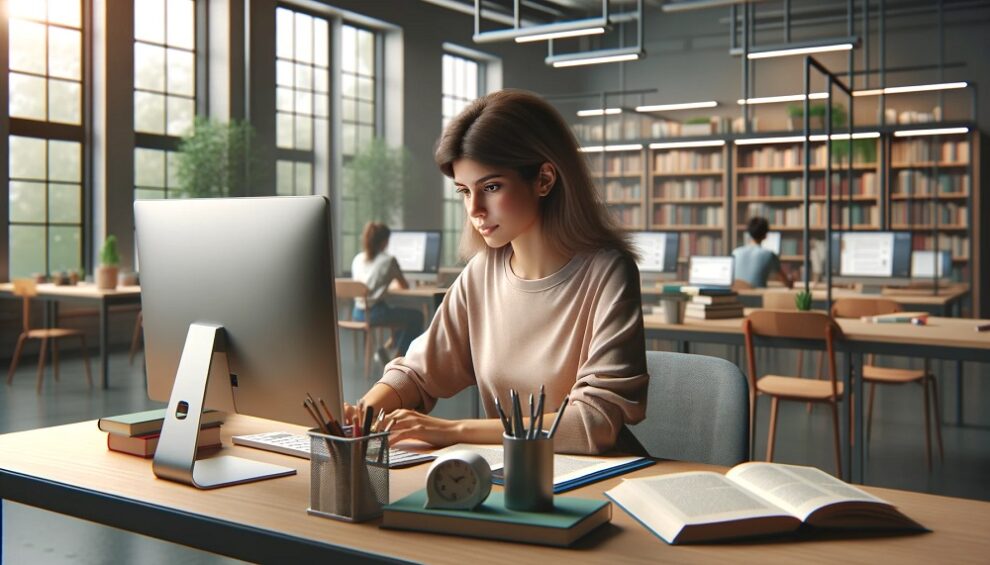In the ever-evolving landscape of education, the Classroom of Tomorrow is not just a concept; it’s a dynamic and transformative reality. As educators and students navigate the 21st-century learning environment, the role of innovative educational tools becomes increasingly significant. These tools are not merely accessories to the traditional learning model; they are pivotal in crafting an educational experience that is engaging, effective, and inclusive.
The Evolution of Educational Tools
In the past, classrooms were often characterized by static teaching methods, with students as passive recipients of knowledge. However, the digital revolution has ushered in a new interactive and adaptive learning environment era. Today, educational tools are at the forefront of this transformation, offering diverse and tailored learning experiences that cater to individual needs and learning styles.
- Interactive Whiteboards: Gone are the days of chalk and talk. Interactive whiteboards have revolutionized classroom interaction, allowing teachers to present multimedia content that is both engaging and informative.
- Learning Management Systems (LMS): LMS platforms have streamlined the educational process, providing a central hub for resources, assignments, and communication between teachers and students.
- Virtual Reality (VR) and Augmented Reality (AR): These technologies offer immersive learning experiences, making complex subjects more accessible and exciting. Imagine a history lesson where students can virtually visit ancient civilizations or a science class that explores the human body from the inside.
The Impact on Teaching and Learning
The integration of these tools in education has changed not only how teachers teach but also how students learn. With access to a wealth of resources and interactive content, learning has become a more active process. Students are encouraged to explore, question, and collaborate, fostering a deeper understanding and a more profound interest in their subjects.
- Personalized Learning: Educational tools enable a more customized approach to learning. Students can learn independently, with content that adapts to their needs.
- Collaboration and Communication: Tools like online forums and collaborative platforms encourage teamwork and communication skills, which are essential for the modern workplace.
- Access to Information: The internet has opened up a world of information, allowing students to research and explore topics beyond the confines of textbooks.
Challenges and Opportunities
Despite the apparent benefits, integrating these tools into education has its challenges. There is a need for adequate training for educators, ensuring they can utilize these tools effectively. Additionally, ensuring equal access to technology for all students remains a significant concern, highlighting the need for investment and policy-making in this area.
Conclusion
The Classroom of Tomorrow is an exciting and dynamic space, continually shaped by the innovative use of educational tools. As we embrace these changes, it is crucial to ensure that these tools are used to enhance the learning experience, promote inclusivity, and prepare students for a future increasingly reliant on technology. By addressing the challenges and capitalizing on the opportunities, we can make education more effective, equitable, and engaging for all.












